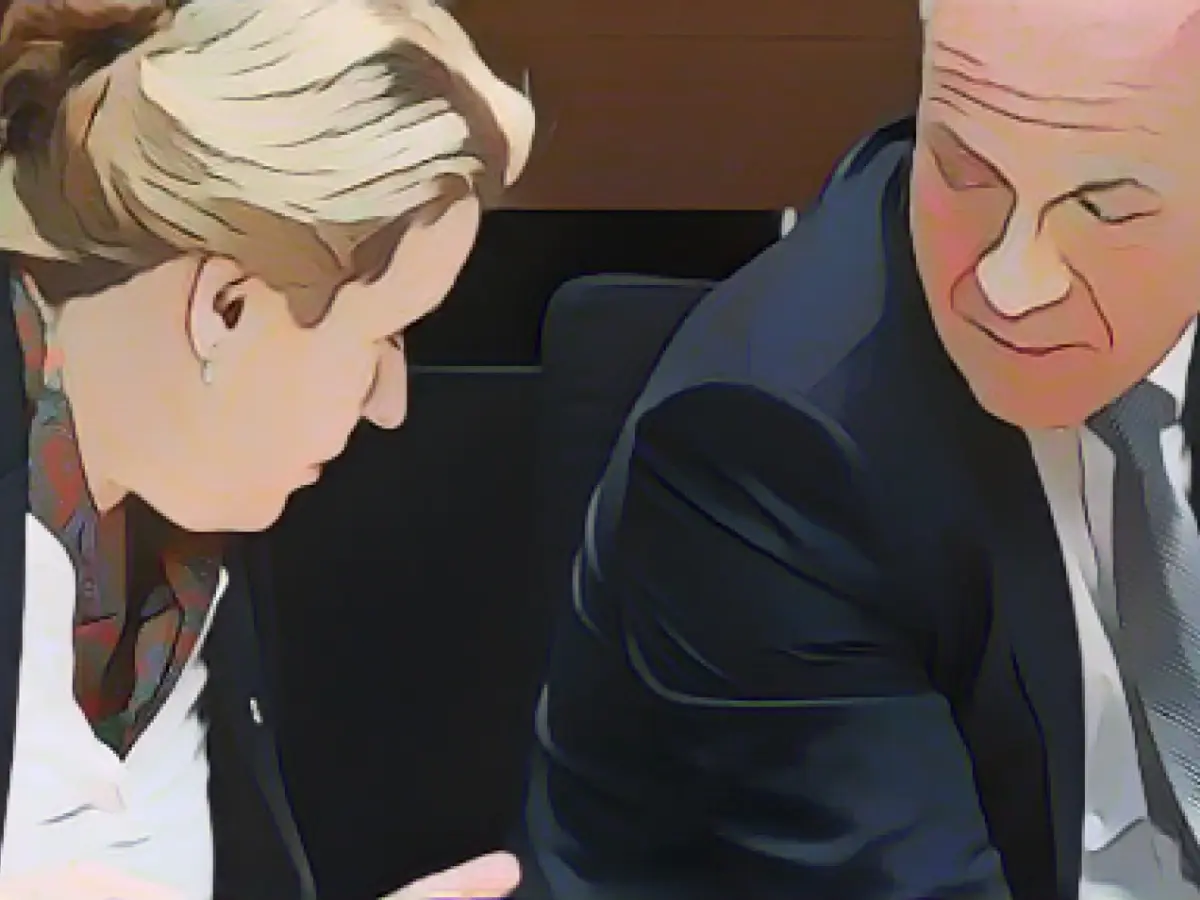In the bustling debate surrounding Berlin's double budget for 2024/2025 within the Berlin House of Representatives, Governing Mayor Kai Wegner (CDU) stood firm, stressing the importance of direction, reliability, and security during uncertain times. The CDU politician pointed out that the focus of the black-red coalition was on internal security, ensuring better equipment for the police and fire department, and strengthening the judiciary and public prosecutor's office.
Wegner also addressed issues concerning transportation policy and security in Görlitzer Park, reassuring citizens that a planned fence would be built. Criticism from the Green Party sighted an "announcement budget" that would ultimately result in significant cuts and social cuts. The Left Party, meanwhile, accused the black-red coalition of proposing an ill-conceived budget based on unproved funds, while the AfD labeled it a fiscal bomb waiting to explode.
Parliamentary group leaders from the CDU, SPD, and AfD expressed their opinions. Dirk Stettner (CDU) commended the budget as responsible, while Raed Saleh (SPD) called it a forward-looking plan aimed at maintaining social peace, especially in the face of multiple crises. Amidst the debate, the double budget, with a total volume of 79.8 billion euros, was set to pass, with a significant portion of allocations going to the districts and large investments in personnel and infrastructure.
Regardless of the actual controversy surrounding the Berlin House of Representatives' budget, issues such as fiscal policy, public investment, and regulatory approaches persist in broader EU discussions. Critics argue for more investment in key areas like industry, infrastructure, and climate protection, while others support reforming the constitutional debt brake to allow for higher public investment. Similarly, some advocate for less regulation, prioritizing investments in production, and reducing bureaucratic burdens.
Undoubtedly, budgetary debates will continue, kept afloat by the ongoing interplay of competing interests and priorities. Nevertheless, the importance of local and national budgets to people's lives directly remains unchanged – arguments for and against budgetary policies persist, and society grapples to find a responsive and resourceful approach in the face of profound challenges.








